News
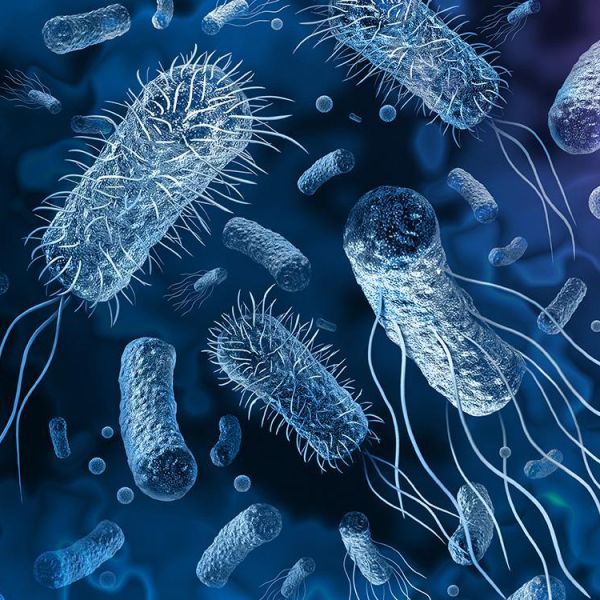
Nov 15, 2022
FDA-approved cholesterol medicine may help prevent antibiotic resistance
Antimicrobial resistance, including bacteria that have evolved to defy antibiotics, is one of the top 10 global public health threats humanity faces, according to the World Health Organization.
Full Article

Nov 15, 2022
WATCH: Tracy Langkilde shares perspective on trail running and pursuing passions
In a video series titled “Perspective: Leaders at Penn State,” Tracy Langkilde, Verne M. Willaman Dean of the Eberly College of Science, reflects on her love for trail running as an opportunity to pursue a passion and reach new heights with others.
Full Article

Nov 14, 2022
Michael Axtell named Louis and Hedwig Sternberg Chair in Plant Biology
Michael Axtell, distinguished professor of biology at Penn State, has been named the Louis and Hedwig Sternberg Chair in Plant Biology in the Eberly College of Science.
Full Article
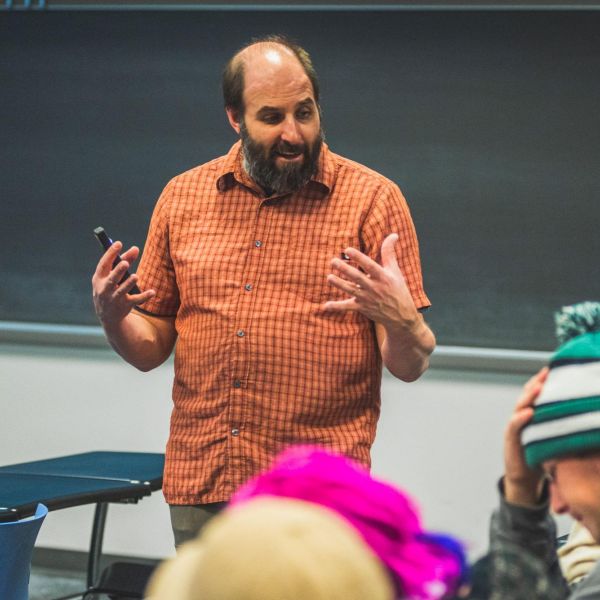
Nov 14, 2022
Using sustainability to make introductory STEM courses meaningful
For some undergraduates, especially those who do not plan to pursue a major in the sciences, the prospect of taking a college-level math course to fulfill a general education requirement can be rather daunting. But what if students could instead take a course on sustainability?
Full Article
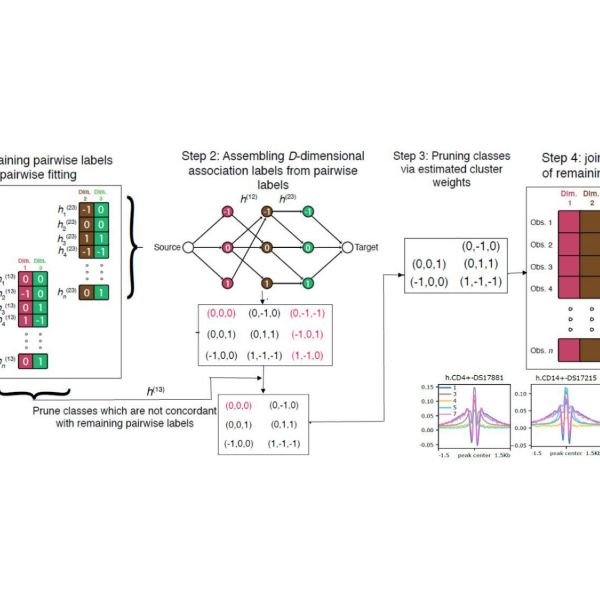
Nov 14, 2022
New statistical method improves genomic analyses
A new statistical method provides a more efficient way to uncover biologically meaningful changes in genomic data that span multiple conditions — such as cell types or tissues.
Full Article

Nov 11, 2022
Penn State community grieves loss of biomathematician Howard Weiss
Howard Weiss, professor of biology and mathematics at Penn State, passed away peacefully in his sleep on Nov. 5 at the age of 64.
Full Article

Nov 10, 2022
New research on effects of binge drinking earns biologist early career award
Nikki Crowley, assistant professor of biology and biomedical engineering at Penn State, is the 2022 recipient of the Neuropsychopharmacology Editor’s Early Career Award.
Full Article
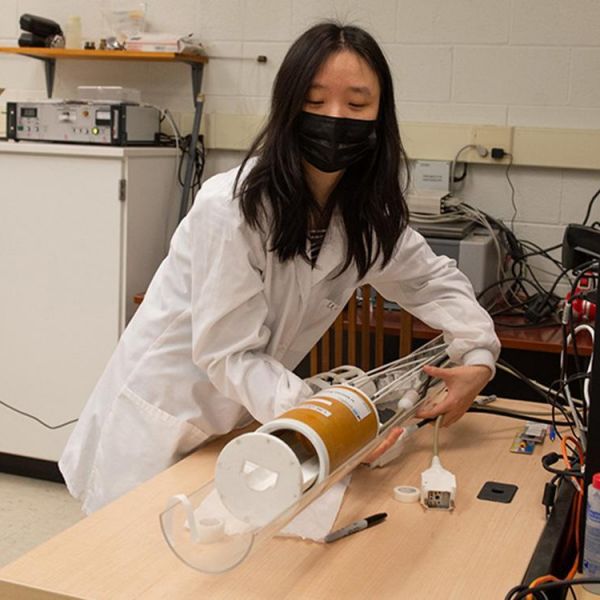
Nov 10, 2022
Breathing may measurably modulate neural responses across brain, study finds
Mental health practitioners and meditation gurus have long credited intentional breathing with the ability to induce inner calm, but scientists do not fully understand how the brain is involved in the process.
Full Article
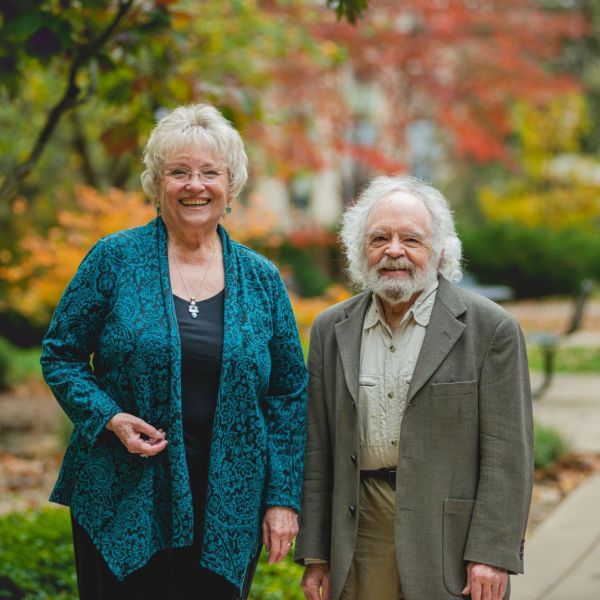
Nov 09, 2022
Schlegels endow Early Career Professorship in biochemistry and molecular biology
Retired Pen State faculty Robert “Bob” and Peggy Schlegel couldn’t afford to hire a cleaning service and caterer every time a new faculty job candidate came to town.
Full Article
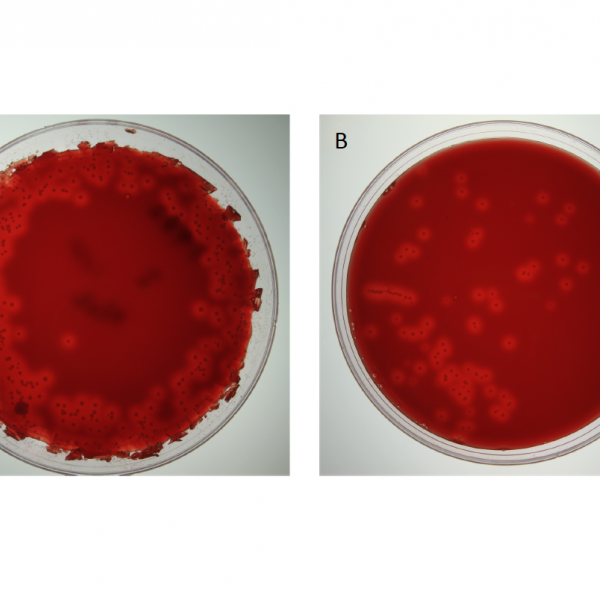
Nov 09, 2022
Gut parasites may increase onward transmission of respiratory bugs in rabbits
Rabbits co-infected with a respiratory bacterial infection and one or more gut helminth parasites are more likely to shed bacteria that can infect others, according to a report led by researchers at Penn State and published today in eLife.
Full Article